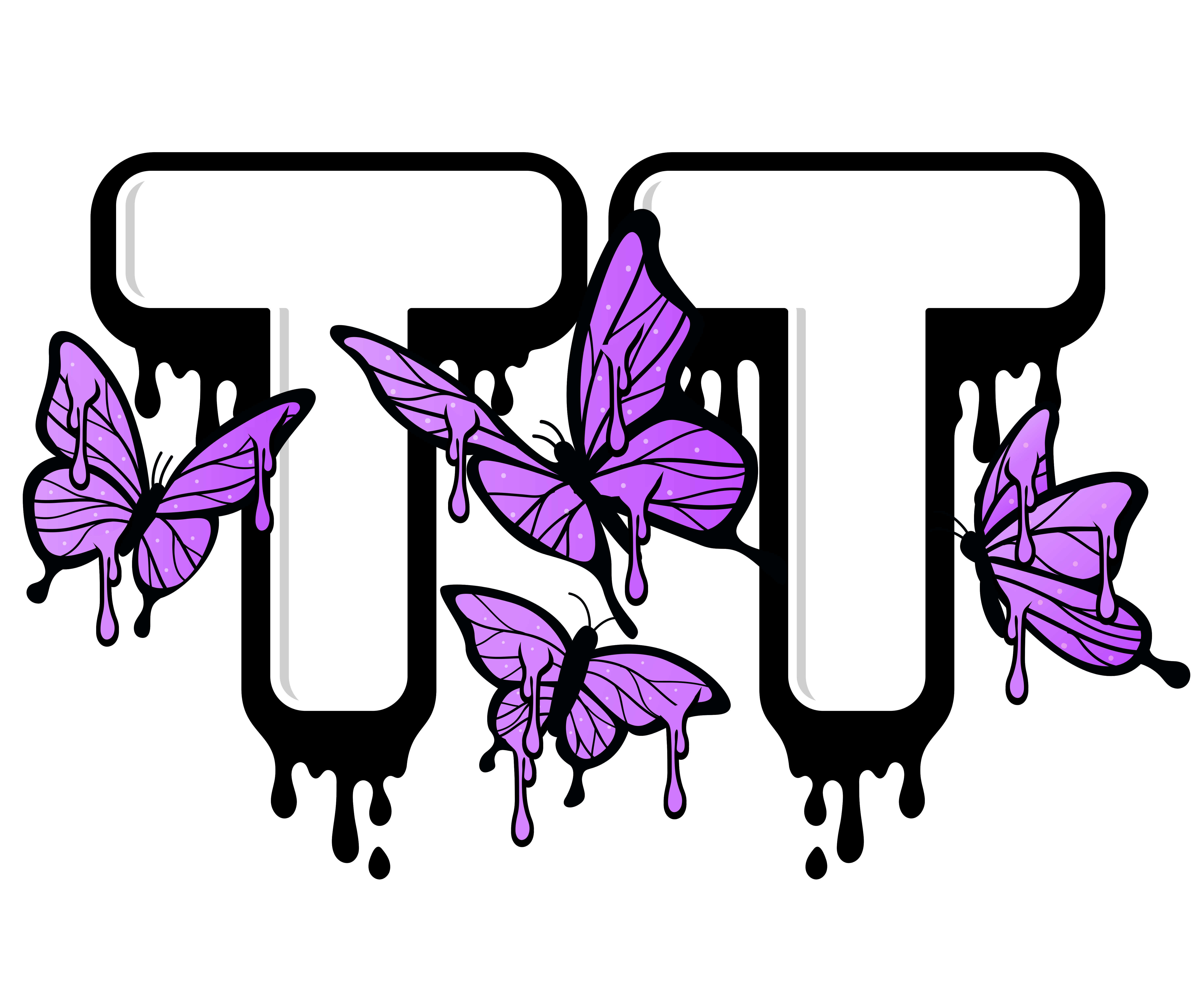Today, let’s chat about something really important but often overlooked: Net Neutrality. If you’re not totally sure what Net Neutrality is, don’t worry—you’re not alone, I didn’t know much about it either until recently. However Net Neutrality is a big deal, especially when we’re talking about media literacy.
Before we get deep into Net Neutrality, let’s talk about why it’s a big deal for media literacy. According to the National Association for Media Literacy Education (NAMLE), media literacy is defined as:
“Access is how, when, where, and how often people have access to the tools, technology, and digital skills necessary to thrive.”
NAMLE
Net Neutrality plays a crucial role in ensuring that this access remains equitable and unrestricted.
In a world without Net Neutrality, Internet Service Providers (ISPs) could potentially prioritize certain types of content over others. For example, an ISP could slow down access to educational resources while speeding up access to entertainment sites that it owns or has partnerships with. This would create a skewed environment where the type of information a consumer accesses is determined by their ISP’s business interests.
In a place like Portugal, ISPs have already tried to break up the internet into packages—kinda like cable TV. Want fast access to social media? That’s extra. Streaming? Another add-on. This could seriously limit the kinds of information you can easily get to and
“Net-neutrality advocates argue that this kind of model is dangerous because it risks creating a two-tier system that harms competition — people will just use the big-name apps included in the bundles they pay for, while upstart challengers will be left out in the cold.”
Business Insider
The internet is filled with knowledge, diverse opinions, obscure facts, and even iconic memes. But imagine if IPS providers turned into the internet police, picking and choosing what you’re allowed to see. Sounds frightening right? This isn’t a hypothetical however, Comcast actually blocked some peer to peer technologies in 2007. Without Net Neutrality, that could become the norm.
Your Voice Matters
The United Nations tells us that freedom of expression is a human right. That means we all deserve a seat at the table in any conversation—be it politics, social issues, or the latest TikTok dance. But in some places, ISPs have actually blocked social media during crucial times like elections. That’s not just unfair; it’s a direct violation of our basic rights.
Net Neutrality is the backbone of our digital freedom. It ensures that our online world is as diverse, open, and accessible as it should be. Let’s keep the conversation going and stand up for a free and open internet for all!
